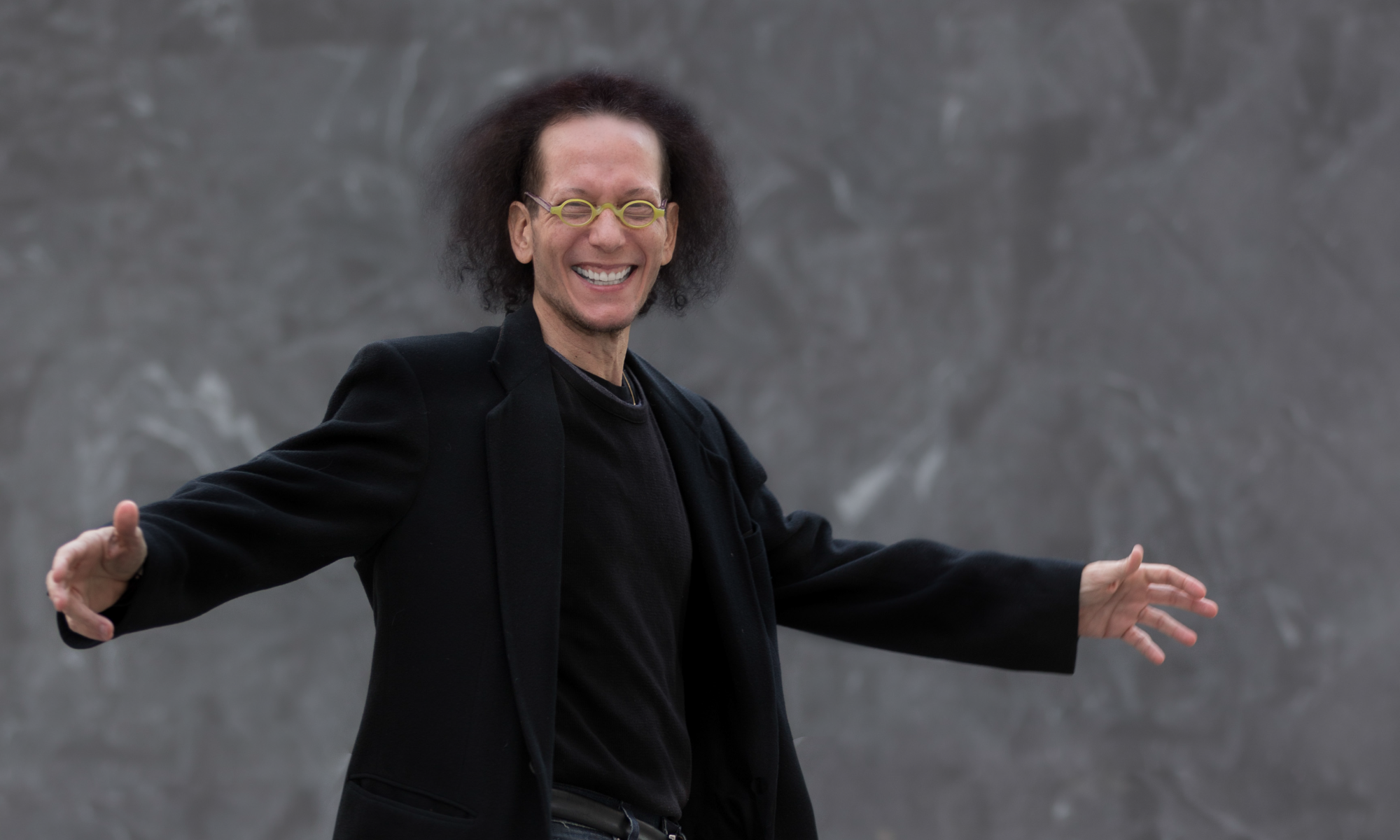Few composers rouse the sublime power of the beauty of creation like Maurice Ravel. Born “Joseph Maurice Ravel” in Ciboure, France March 7, 1875, this man wrote some of the most textured, beautiful music that came to be dubbed as “impressionism,” although he did not appreciate the classification.

One of the things I admire about Ravel is his ability to express the sweetness of life in the midst of heaviness and drama. The serious tone of his contemporaries was a stark contrast to Ravel’s work. Ravel celebrated all the wonders of life and of being alive. Listen to his melodies. They ebb and flow with equal parts of ease and surprise. He was a great orchestrator, too.
A bit of a trailblazer, his style didn’t fit into one neat box. He wasn’t traditional. He wasn’t pure “classical.” Today, many people look back on his work and call him a Romantic composer, and to some extent, that fits. The Romantic period from 1870 to 1910 was ripe with highly regarded composers including Beethoven, Schubert, and Chopin – among the most influential. But Ravel’s music didn’t quite fit the style of these others. His textures intersected with multiple melodies that were sometimes difficult to discern. In fact, he was already introducing jazz elements into his progressions of his later works. He added 9ths, 11th, and 13ths when few people thought of this – and bent the ears of his teachers. Plus, he wrote slowly and deliberately. For this, he was not a favorite at Paris Conservatoire, and left. However, by the 1920s and 1930s, he was regarded as one of France’s greatest composers. His best-known work, Bolero, pushes classical boundaries and is now frequently performed by modern jazz artists. Check out Stanley Jordan’s version:
Another refreshing aspect of his music is his merging of various European influences. Even though he was French, many of his works contain Spanish idioms. But – the most striking feature of Ravel’s music is his freshness. Every spring, I think of Ravel. I love to play Gaspard de la nuit anytime of the year, but it April, it feels especially lovely.
Sadly, Ravel passed away on December 28, 1937, but not before writing some of our world’s most beautiful, sensual music that reminds us all to celebrate life.
I recorded Printemps Ravissante: Ravel, Le Tombeau De Couperin in 2014, after playing his music for decades, and to this day, I never tire of playing or hearing these compositions.
The CD is available for purchase on Amazon.



